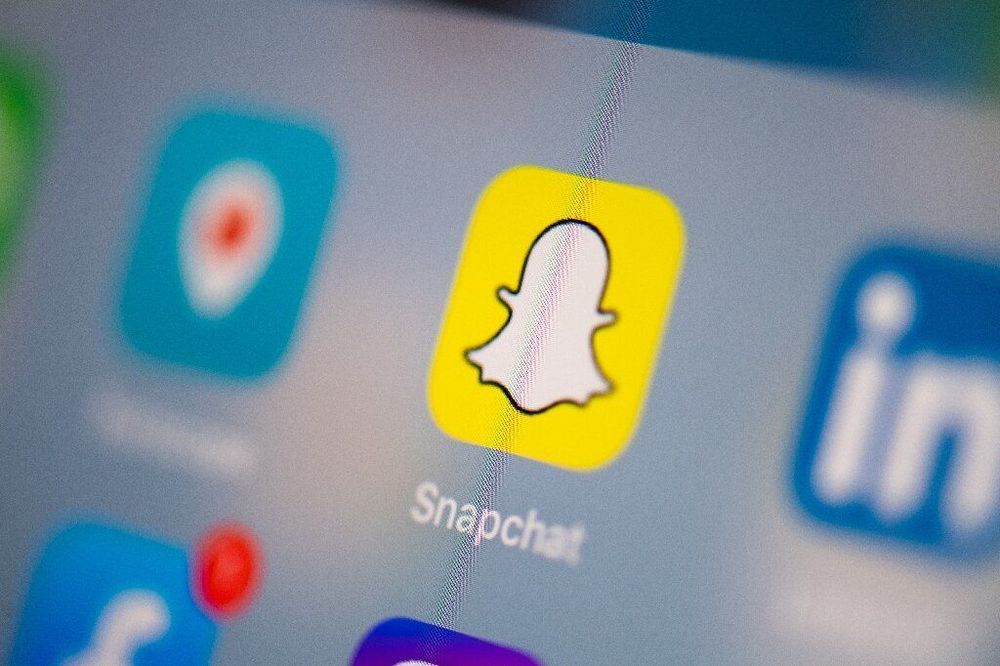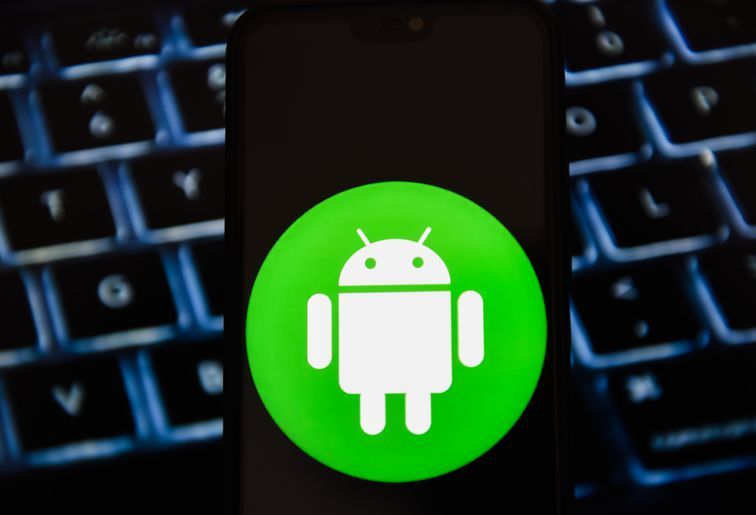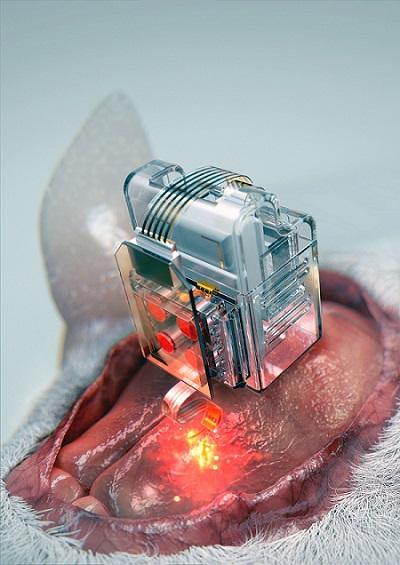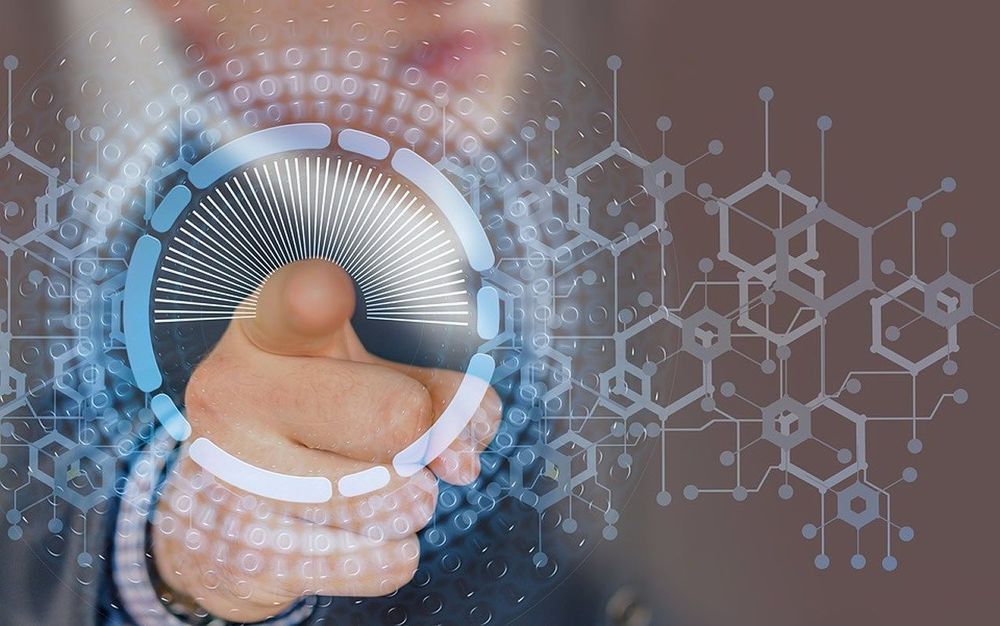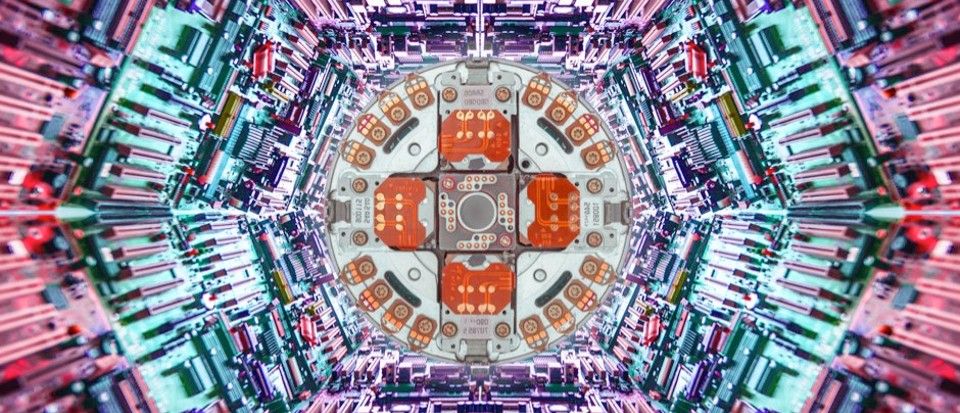Snap on Tuesday unveiled new-generation Spectacles sunglasses that can take 3D pictures to share on its Snapchat messaging service known for ephemeral posts.
Spectacles 3, set for release late this year, were described as a limited release and priced at $380, more than twice the price of an “Original” version available at the Southern California company’s website.
Spectacles sunglasses with built-in cameras that synchronize wirelessly with smartphones to share pictures or video snippets to Snapchat were launched in late 2016.
